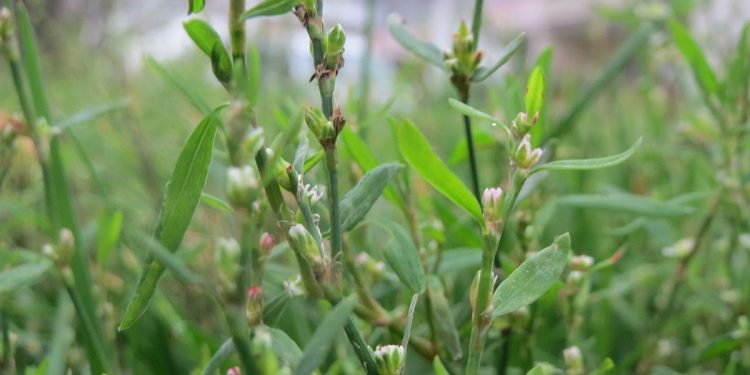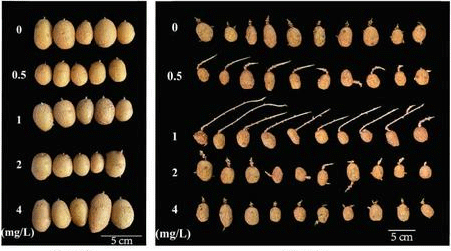#GreenRevolution #PolygonumAviculare #SustainableAgriculture #CropDevelopment #ClimateChangeAdaptation #HealthBenefits
Polygonum aviculare, also known as knotgrass, is a small plant with big potential. This common weed has been found to have a number of properties that make it an ideal crop for sustainable agriculture. In this article, we’ll explore the development of Polygonum aviculare as a crop, and the consequences this development could have for the future of farming.
The development of Polygonum aviculare as a crop is an exciting prospect for sustainable agriculture. This plant has a number of characteristics that make it an ideal choice for farmers looking to reduce their environmental impact. For one, it requires very little water to grow, which means that it can be grown in arid regions without putting a strain on water resources. Additionally, it is a hardy plant that can thrive in poor soil conditions, making it an ideal crop for areas with low-quality soil.
Furthermore, Polygonum aviculare has been found to have a number of health benefits. It is high in antioxidants, which can help prevent cell damage and reduce the risk of chronic diseases like cancer and heart disease. It also contains high levels of vitamin C, which can boost the immune system and promote healthy skin.
Despite its potential, there are still some challenges to overcome before Polygonum aviculare can become a widely grown crop. For one, it is still considered a weed by many farmers, and getting them to adopt it as a crop will require a shift in mindset. Additionally, there are still questions about how best to grow and harvest the plant, as well as how to market it to consumers.
However, if these challenges can be overcome, the development of Polygonum aviculare as a crop could have far-reaching consequences for the future of farming. By reducing the reliance on water and improving soil health, it could help farmers adapt to the challenges of climate change. Additionally, its health benefits could make it a valuable addition to our diets.
In conclusion, Polygonum aviculare has the potential to revolutionize agriculture as we know it. Its unique properties make it an ideal crop for sustainable farming, and its health benefits could make it a valuable addition to our diets. While there are still challenges to overcome, the development of this plant as a crop is an exciting prospect for the future of farming.







